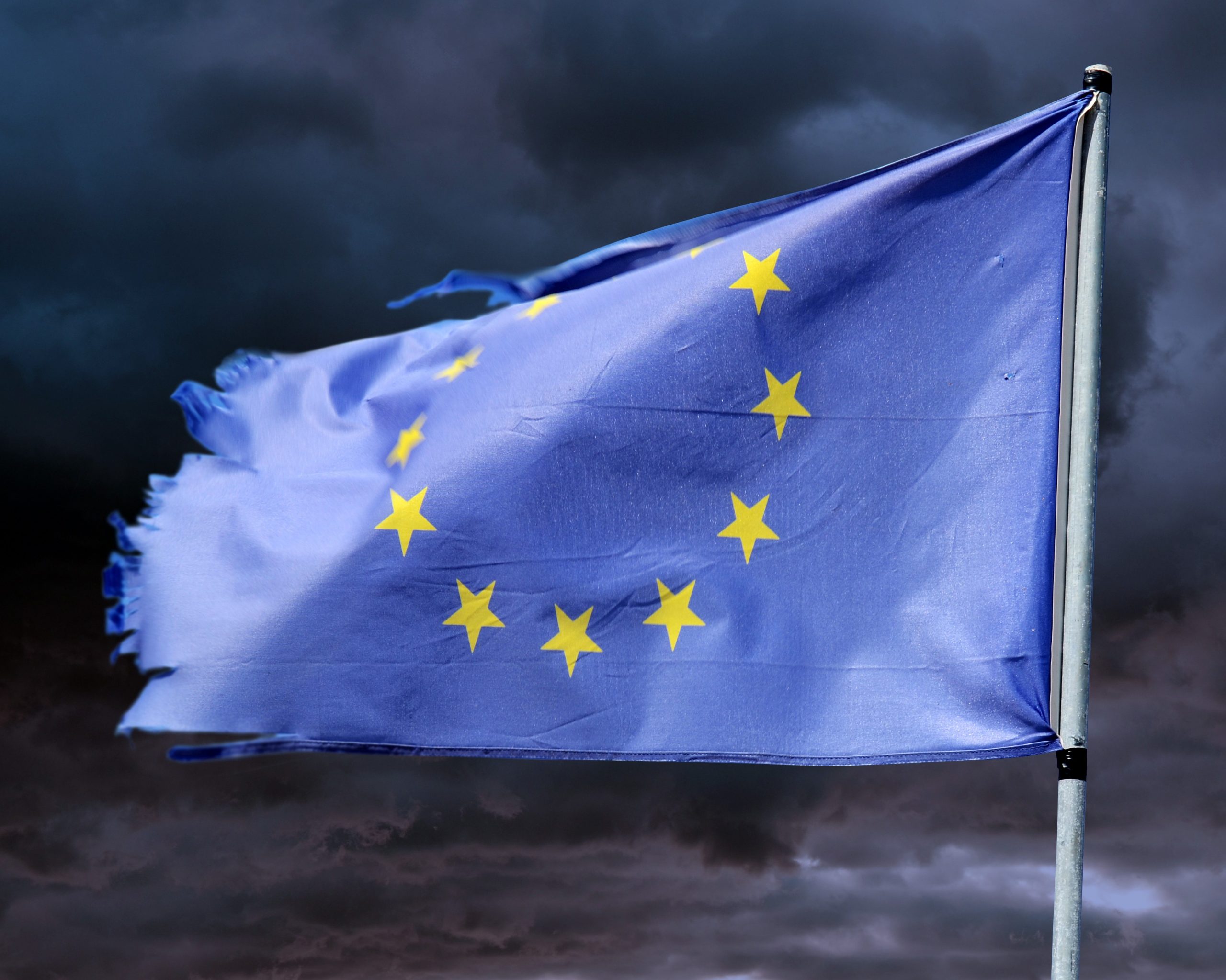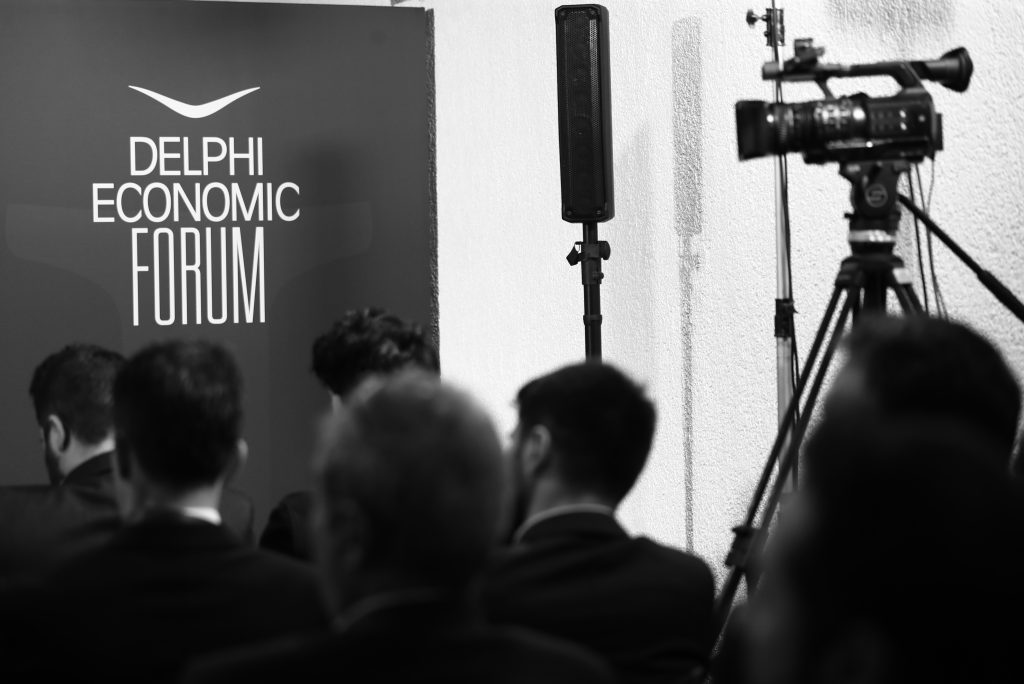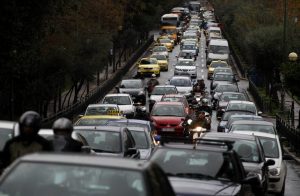I wrote in last year’s Outlook that the Russian invasion of Ukraine and the subsequent energy crisis had thrown Europe’s ambitions of strategic autonomy into disarray. Europe’s military and energy dependencies leave little room for manoeuvre in an era in which weapons have the first word and economic relations are weaponized for political ends. I wrote that, in a best-case scenario, Europe would be able to adjust to the new reality, but the process would be long and hard.
The year now ending has shown us that Europe is making progress. It is doing things now that would have been unthinkable just a few years ago. But the problem is that the world is moving at a faster pace. It seems to be hurtling headlong towards the cliff edge, though I try to banish the image from my mind.
The war in Ukraine grinds on without any prospect of peace in sight. And as European unity becomes ever more fragile, it is becoming increasingly hard to show solidarity with Ukraine in the provision of armaments and financial aid, as well as refugee reception and sanctions against Russia. The green light given so recently to Ukraine’s accession to the EU though important offers a long-term prospect.
And now we have another war in Europe’s backyard, this time between Israel and the Palestinians (or Israel and Hamas, if you prefer). Divided and unable to influence developments in any meaningful way, Europe can only watch on from the sidelines and fret about additional refugee flows from the levelled Gaza Strip and the resurgence of terrorism in European countries. More and more Europeans are also realizing that their stance towards this new war is costing Europe—and, still more so, the United States—their credibility in the Global South and the Muslim world in particular.
The further enlargement of the EU, with the prospect of the Western Balkans, Ukraine and Moldova joining the bloc, is presented now as an immediate priority. But everyone knows, or should know, that the EU is not ready to welcome new members and that the candidate countries are not expected to meet the basic conditions for membership for the foreseeable future at least. What’s more, the need for a workable Union of 35 or more members has put the issue of EU reform on the table. But is the will there? For many, probably not. I hope 2024 will bring with it a clearer picture of where we are heading and how we are going to get there. It is not to be excluded that the Union will continue to play the delay game, as it has been doing with the countries of the Western Balkans for years.
Europeans have begun to openly discuss the possibility of Trump’s re-election to the White House, which could mean the end of the Atlantic Alliance and, indeed, of American democracy. They talk in low voices behind closed doors so as not to be overheard, clearly ill at ease and most likely unable to draw up a common strategy. If the worst comes to the worst, European countries will probably each follow their own separate path: some will flatter the leader of the superpower and others will avoid taking sides, but only a few will struggle to build alliances of the capable and the courageous to confront a very difficult situation.
We also have our own European elections coming up in June 2024. So far, the polls have indicated a decline in the strength of the parties that make up the large pro-European majority in the European Parliament—the Christian Democratic centre-right, the Socialists and centre-left, the Liberals and the Greens—and a corresponding rise in support for nationalist and far-right parties. Campaigning under the banner of the refugee issue, those on the far right of the political spectrum are also exploiting the accumulated discontent of social strata who feel left behind by the rapid changes and no longer enjoy the social provisions they once did. If the Eurosceptic Right becomes too strong, the EU will become even less governable. After the elections, the new leadership of the European institutions will be chosen for the next five years. Let us hope that short-sighted cynicism will not prevail, as it often has in the past.
The new European Pact on Immigration and Asylum is finally scheduled for ratification in 2024. But the implementation of the agreed measures will present a new set of issues and the political problem arising from the ongoing refugee/immigrant flows towards Europe will remain largely unresolved, however much we may wish the opposite was true. Political tensions within and between member states will consequently remain, while Schengen will also be sacrificed on the altar of national control … to prevent more refugees/immigrants from entering (whichever) country.
The state has made a powerful come-back to protect borders, economy, society and environment. For the EU, the big questions boil down to whether European defence cooperation will proceed in any meaningful way; whether industrial policy will be mainly national or European, with all this will imply for the internal market and the positioning of the European economy in the international division of labour; whether Europe’s institutions will contribute to social cohesion in any meaningful way; and how fast the green transition can proceed now that the changes required are set to cost everyone more. And we still don’t know the answers.
We are facing a crisis of democracy with many extremely weak governments in Europe. Meanwhile, Franco-German cooperation, which has often been the driving force behind European integration in the past, is currently underperforming.
We are facing a crisis of democracy with many extremely weak governments in Europe. Meanwhile, Franco-German cooperation, which has often been the driving force behind European integration in the past, is currently underperforming. Macron does not come forward as often as he once did, because there aren’t many now who can follow his lead and because his position in France itself is considerably weaker than it was. As for Scholz, struggling as he is to keep the government of a rather ill-matched coalition together in Germany, his focus is very much on the home front. No, Europe has surely seen better days. But hope dies last.
*Loukas Tsoukalis is Professor at Sciences Po in Paris and President of the BoD at ELIAMEP
This article is part of the annual Special Edition “ELIAMEP Outlook – Predictions for 2024”, where ELIAMEP’s leading analysts and associates share their predictions for the year ahead. They assess the main challenges, trends, risks, potential opportunities and inflection points of 2024 for Greece, Europe, the Mediterranean and the world.



